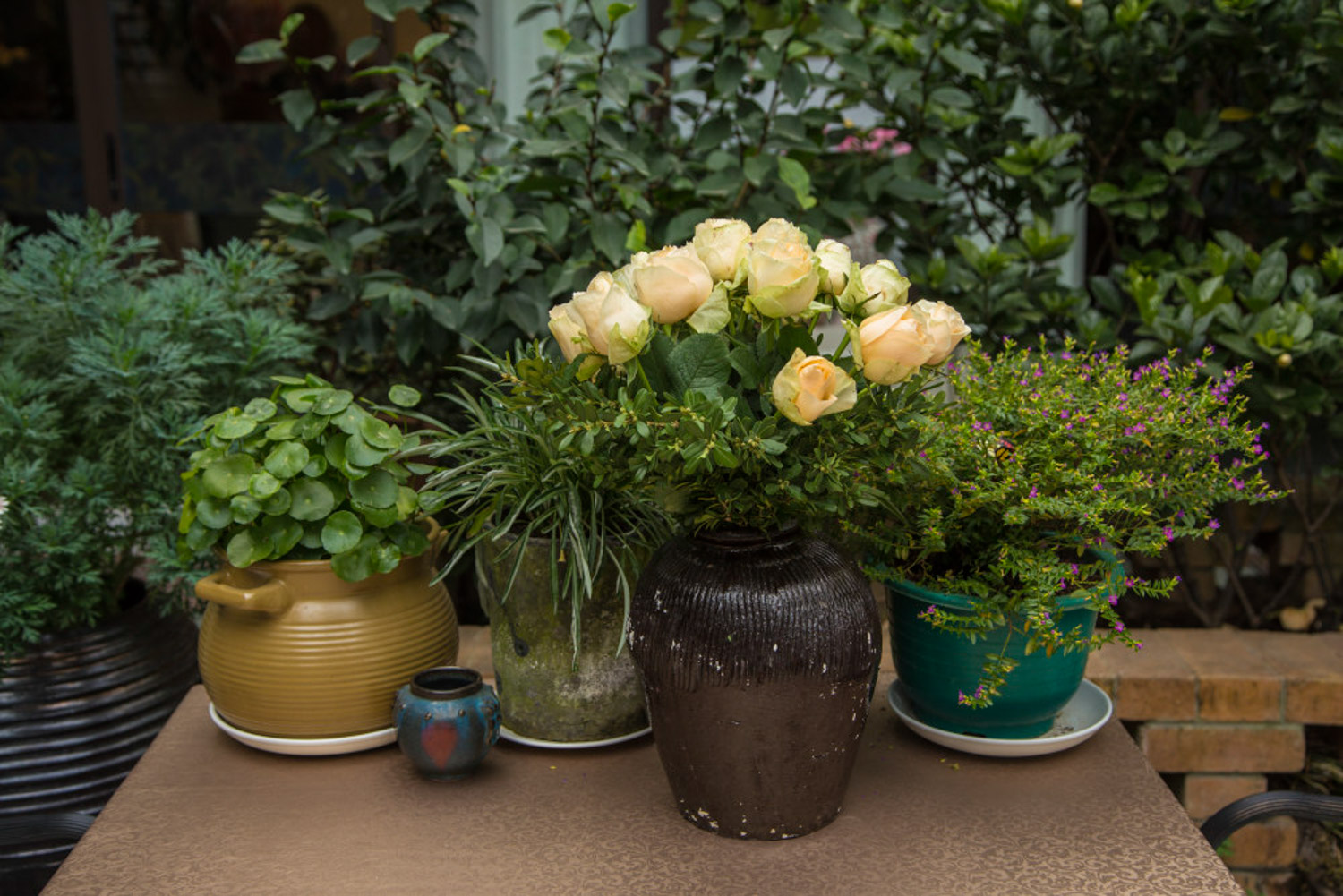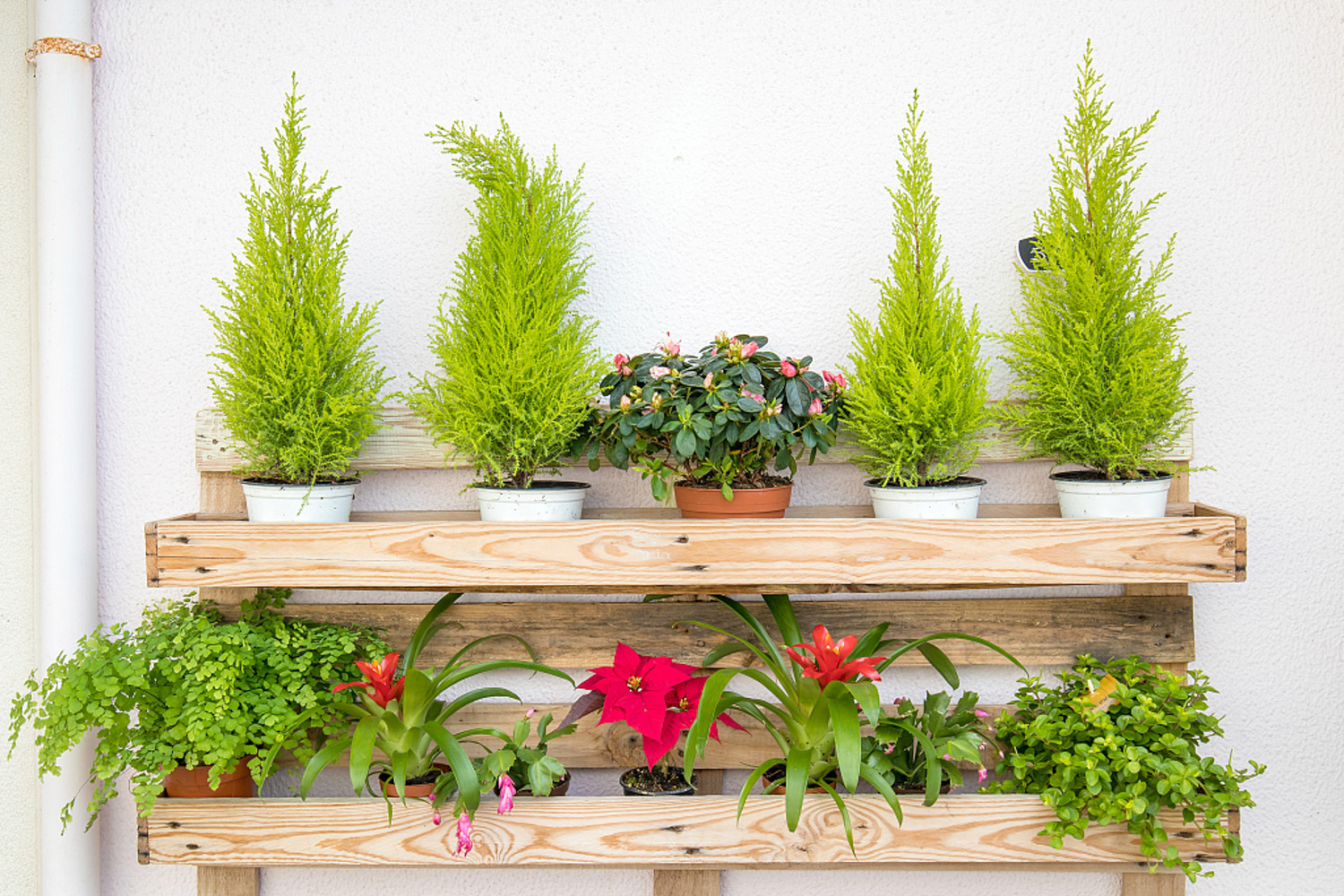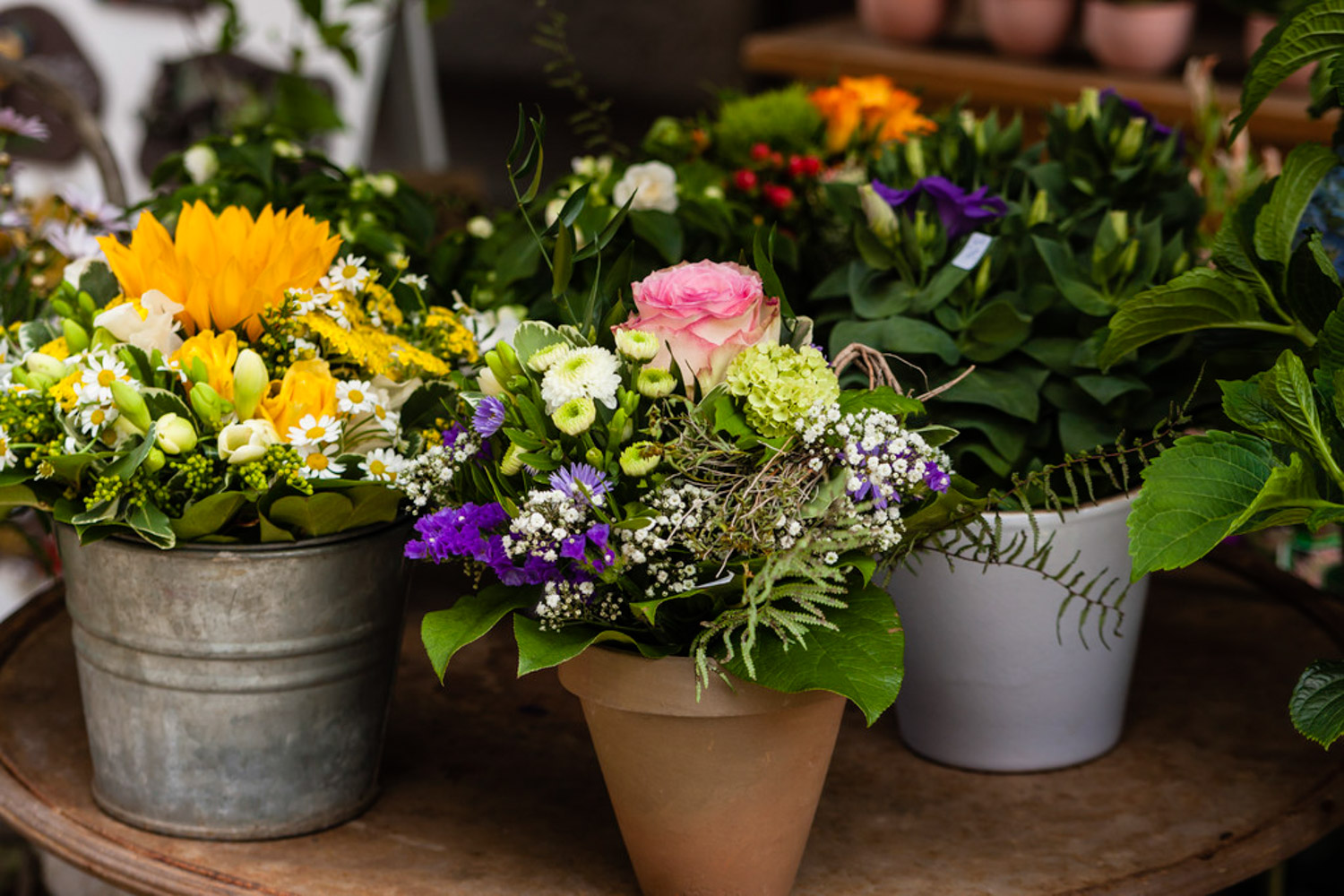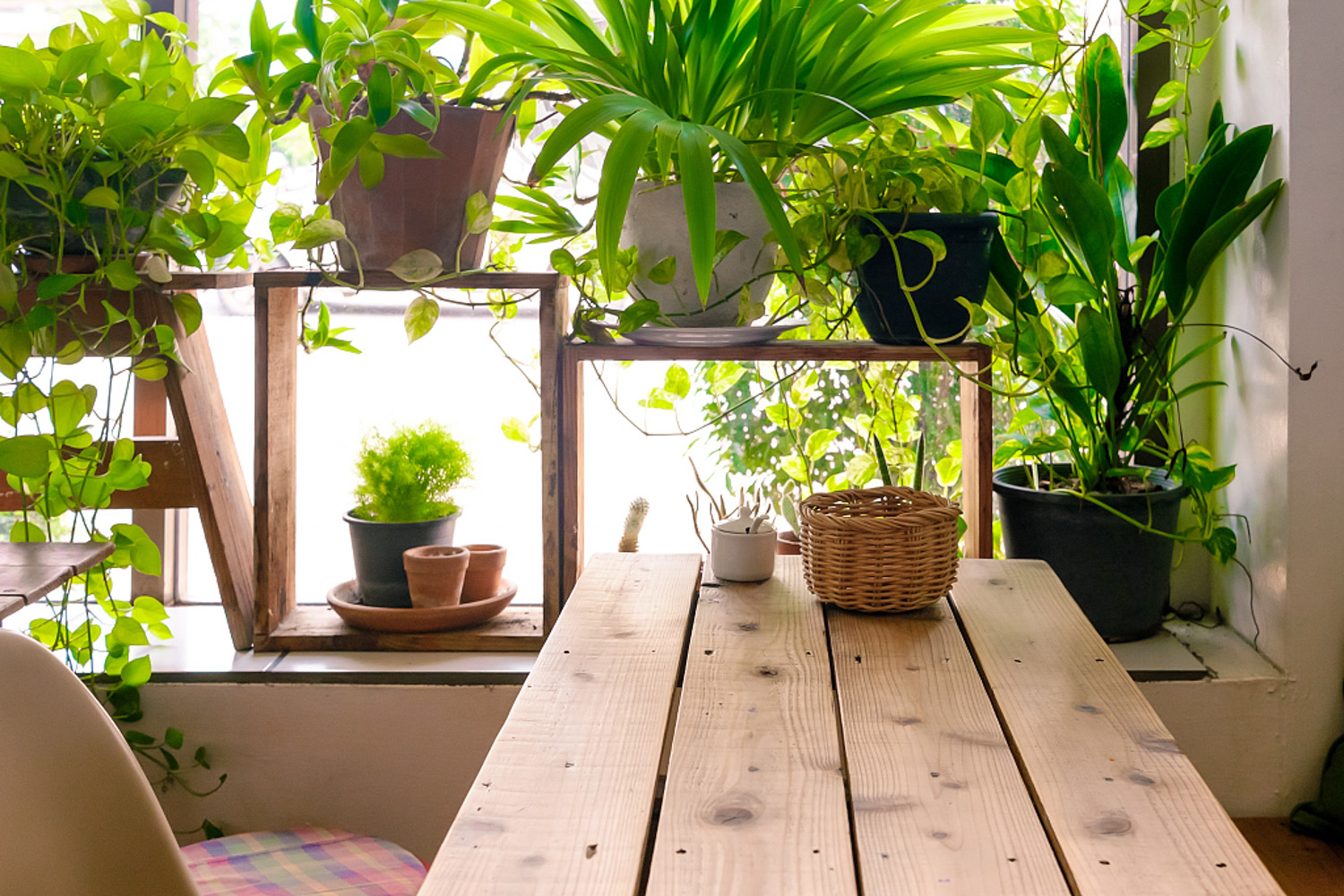Sow
The seed must be harvested after full maturity
Dry and low-temperature storage conditions can prolong the life of seeds. Family storage can be packaged in plastic bags and stored in refrigerator and fresh-keeping cabinet
Biennial grass flowers that bloom in spring are sown in mid and late August. Annual flowers blooming in autumn are sown from late March to early April in spring
The thickness of soil covering after sowing is 2 ~ 3 times of the height of seeds
Seed germination requires temperature, moisture and air. Generally, 20 ~ 25C is the most suitable for germination. The soil of the seedbed cannot be hardened or ponded, so as to provide oxygen for germination
After emergence, it should be transplanted if it has 2 ~ 4 leaves

Cutting
It is to cultivate new plants by using the regeneration ability of plant roots, stems, leaves, buds and other organs after leaving the mother
The soil (matrix) for cutting should be loose, breathable and harmless. Materials such as rice bran ash, yellow sand, perlite and frog stone can be used for family reproduction
For stem cutting of woody plants, the branches with full growth in the current year shall be selected, with a length of 10 ~ 15cm, 3 ~ 4 buds and cutting into the soil of 5 ~ 6cm. The shear opening at the lower end of the insert shall be at the part with section. Dormant cuttings were carried out 10 ~ 15 days before germination. Green branch and leaf cutting can be carried out in the growth period after the new technology is mature. But the aboveground leaves should be properly cut to reduce transpiration and facilitate hair roots
The cutting of herbaceous plants should choose the tender stems with rich tissue. The four seasons Begonia, Petunia, he's wind fairy, Guinea Impatiens, a string of red flowers and marigold are easy to be cut alive
Most succulent plants can be cut with leaves
Family cuttings use flowerpots as cutting beds, and tile particles are padded at the bottom of the basin to facilitate drainage. The humidity of the soil is often maintained, and the cutting basin should avoid direct sunlight. If the spray is kept constant air humidity, it can be placed under the sunlight. The rooting of the rose will be rooted in 10 days in summer. p>

Ramet and ball
Some perennial flowers and shrubs, such as Hemerocallis fulva, longtail, asparagus, brown bamboo, umbrella grass, Chimonanthus praecox and peony, grow for several years, and the plant clumps expand. After digging up the plant clumps in early spring or autumn, they can be divided into several single plants. When dividing, each plant should take root system as much as possible and reduce the area of wound
Bulbous flowers such as tulip, lily, Narcissus, Gladiolus and Oxalis sorrel can be divided into small balls for reproduction

Batten
Osmanthus fragrans, camellia, Chimonanthus praecox and other flowers and trees can bend and press the branches close to the ground into the soil without breaking away from the mother body, so as to promote the rooting of the middle stem nodes of the buried branches. Usually, the layering period is carried out from March to April, and the buried parts need to be cut or peeled in a ring, so as to facilitate the callus at the wound part to produce new roots, and cut them below the rooting part in autumn to grow new plants
On the upper part of the flower and tree plant, select the branches with a diameter of about 0.5 ~ 1.0cm and peel them in a ring with a width of 0.3 ~ 1.5cm. Bamboo tube or film bag for external use, with breathable and moisturizing materials left to promote the hair roots of the girdling part, which is called air strip pressing. The suitable season for air strip pressing is before Meiyu

Grafting
The key to grafting survival lies in the nutritional status, affinity, temperature and humidity environment after grafting, and grafting technology. There are two common methods: branch grafting and bud grafting< span>

 how many times do yo...
how many times do yo... how many planted tre...
how many planted tre... how many pine trees ...
how many pine trees ... how many pecan trees...
how many pecan trees... how many plants comp...
how many plants comp... how many plants can ...
how many plants can ... how many plants and ...
how many plants and ... how many pepper plan...
how many pepper plan...



























